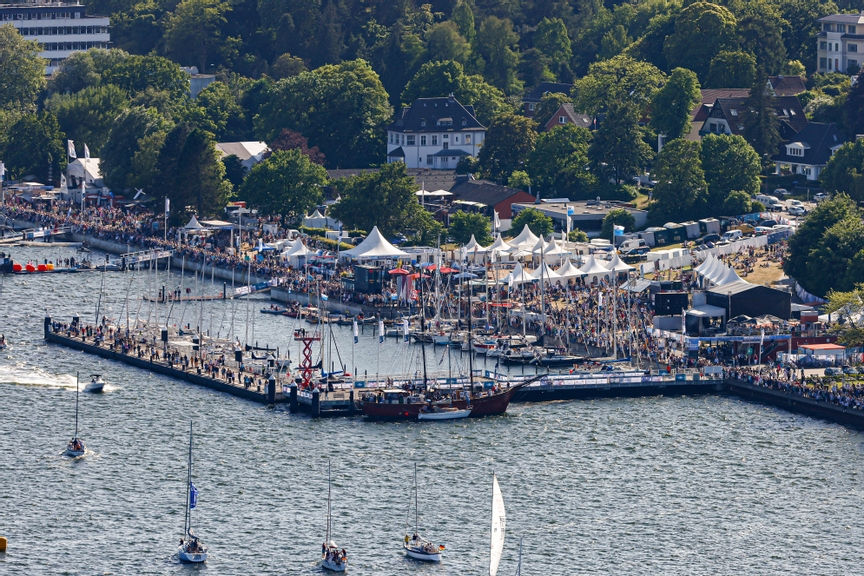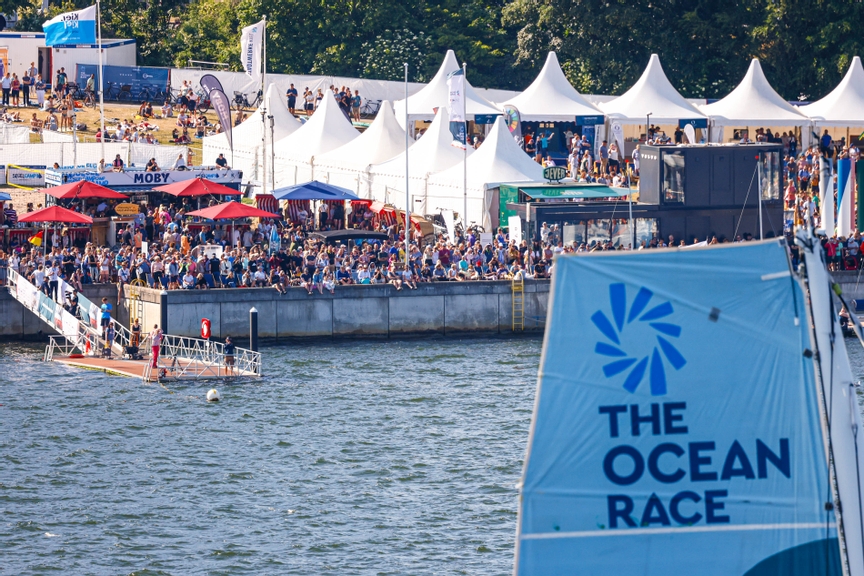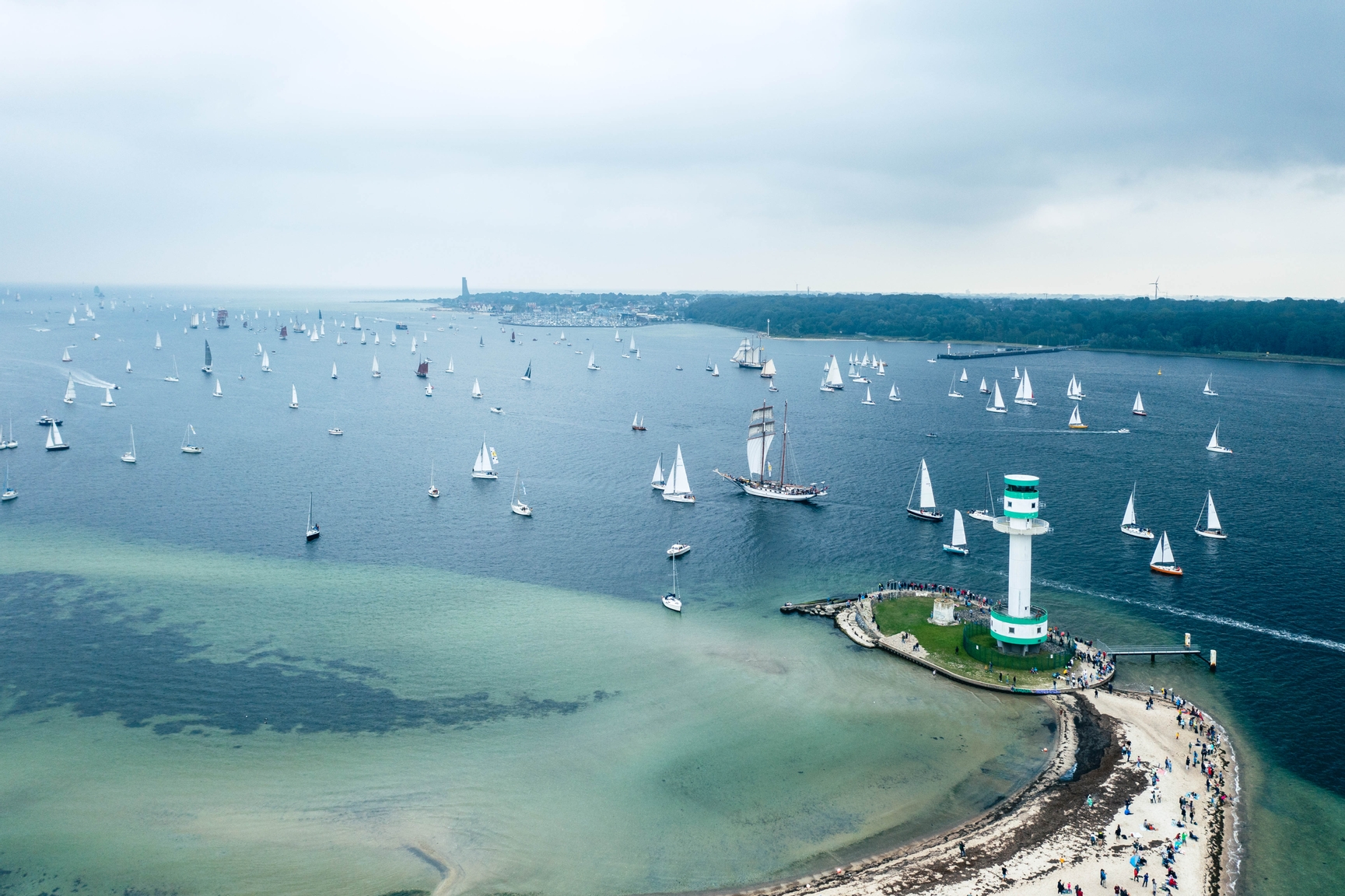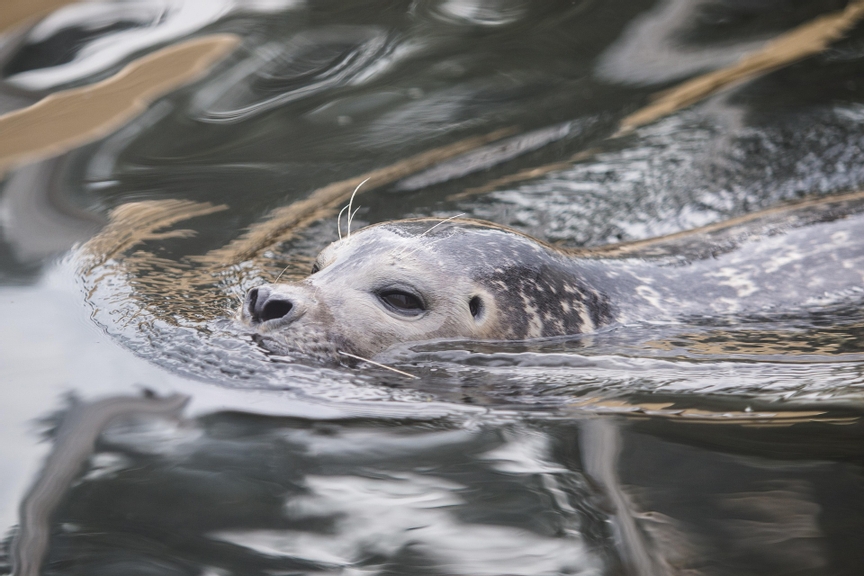In February 2024, organisers of The Ocean Race confirmed Kiel.Sailing.City as the host of the start of The Ocean Race Europe 2025.
Previously, Kiel was the finish port of the Volvo Ocean Race 2001-02 and last year the German city hosted a hugely successful Fly-By on the penultimate leg of The Ocean Race 2022-23.

Located in the northernmost part of Germany on the southwestern shore of the Baltic Sea in the vicinity of Denmark, Kiel is one of Germany’s major maritime centres. As such, the city is known for a variety of international sailing events – including the spectacular Kiel Week regatta which has been held annually since 1882.
The regattas for the 1936 and 1972 Olympic Games were also held in the Bay of Kiel.

Kiel's recorded history began in the 13th century. Until 1864 it was administered by Denmark but in 1866 the city was annexed by Prussia and in 1871 it became part of Germany.
Thanks to its location on the Kiel Fjord and the Kiel Canal – the busiest artificial waterway in the world that connects the city to the North Sea, modern day Kiel is an important sea transport hub with direct ferry connections to Norway (Oslo), Sweden (Gothenburg) and Lithuania (Klaipeda). With more than 900,000 ferry and cruise ship passengers and 134 cruise ship arrivals in 2021 alone, Kiel is the most important cruise ship destination in the region. Once the home of the German Navy's Baltic fleet, the city continues to be a major high-tech shipbuilding centre.

The GEOMAR - Helmholtz Centre for Ocean Research Kiel is one of several leading institutions in the field of marine sciences that The Ocean Race cooperates with as part of its science programme.
Famously, the 2001-02 edition of The Ocean Race finished in Kiel, when home country fans were delighted to witness the crew of the German entry illbruck Challenge seal overall victory.



